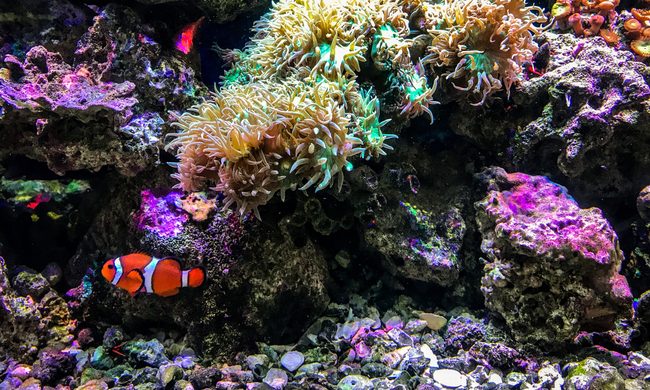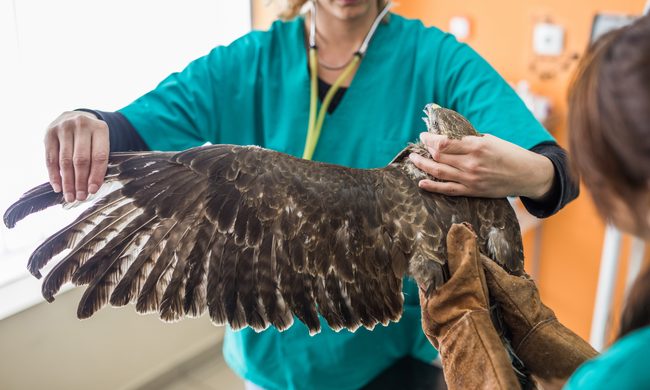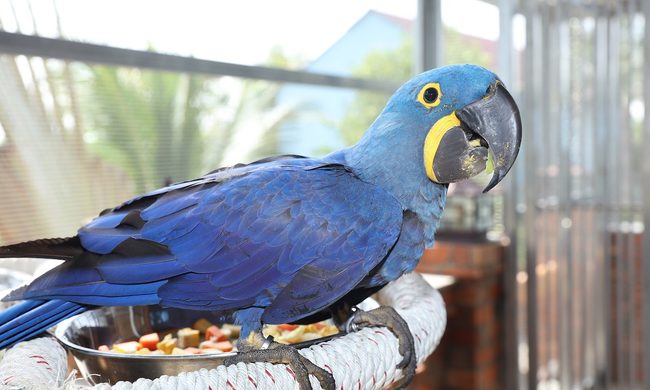We don’t really need an excuse to celebrate goats, pigs, cows, horses, and chickens, but National Farm Animals Awareness Week gives us a really good one. Originally created by the Humane Society of the United States almost 30 years ago, this fun holiday gives us all the chance to think about how we can help animals, both on farms and off. Get ready for September 12–18, when you can learn more about domestic animals and make a difference to them. Don’t have the hours to commit to one more thing? This one doesn’t have to be difficult or even time consuming. Try these five easy things for National Farm Animals Awareness Week.
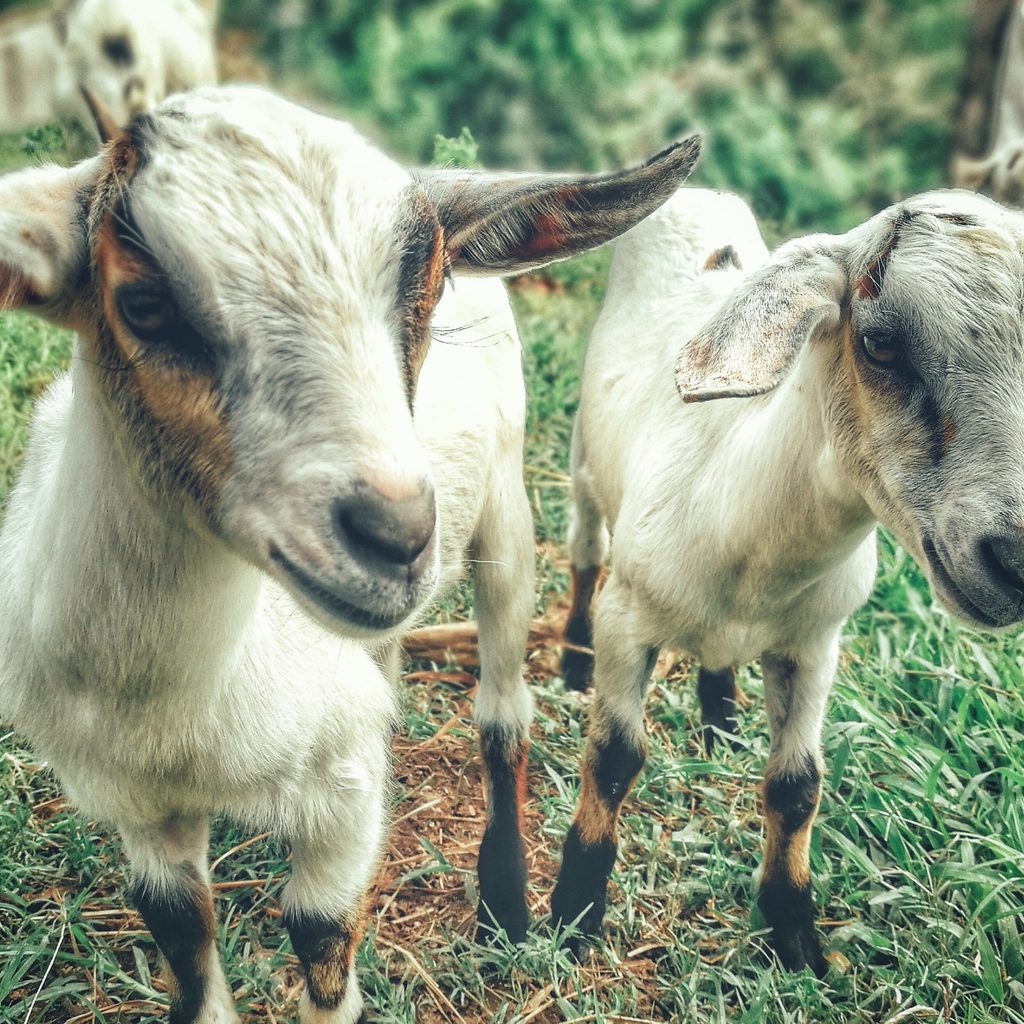
Get educated about farms
You can’t dive into anything until you know more about it. Farming has a long history in America but has also changed substantially in the past few decades. Of course, many farmers work diligently to maintain the health and well-being of their animals, and you can certainly look into the work they do. But also check out the less-pleasant aspects of food production, such as factory farming, that are part of why National Farm Animals Awareness Week began in the first place. You may find yourself coming away feeling empowered to help animals of all kinds.
Volunteer and donate to causes
The Humane Society has championed this mission, but there are many others you can give your time to. Check out your local shelters, especially organizations that take in other animals such as goats. You may get to hang out with them, but even if you just catch a glimpse of a minigoat or teacup pig, you’ll know you’re making a difference. Out of time? Look into organizations always in need of donations for animal feed and vet checkups. The more local, the more you’re doing to help your own community.
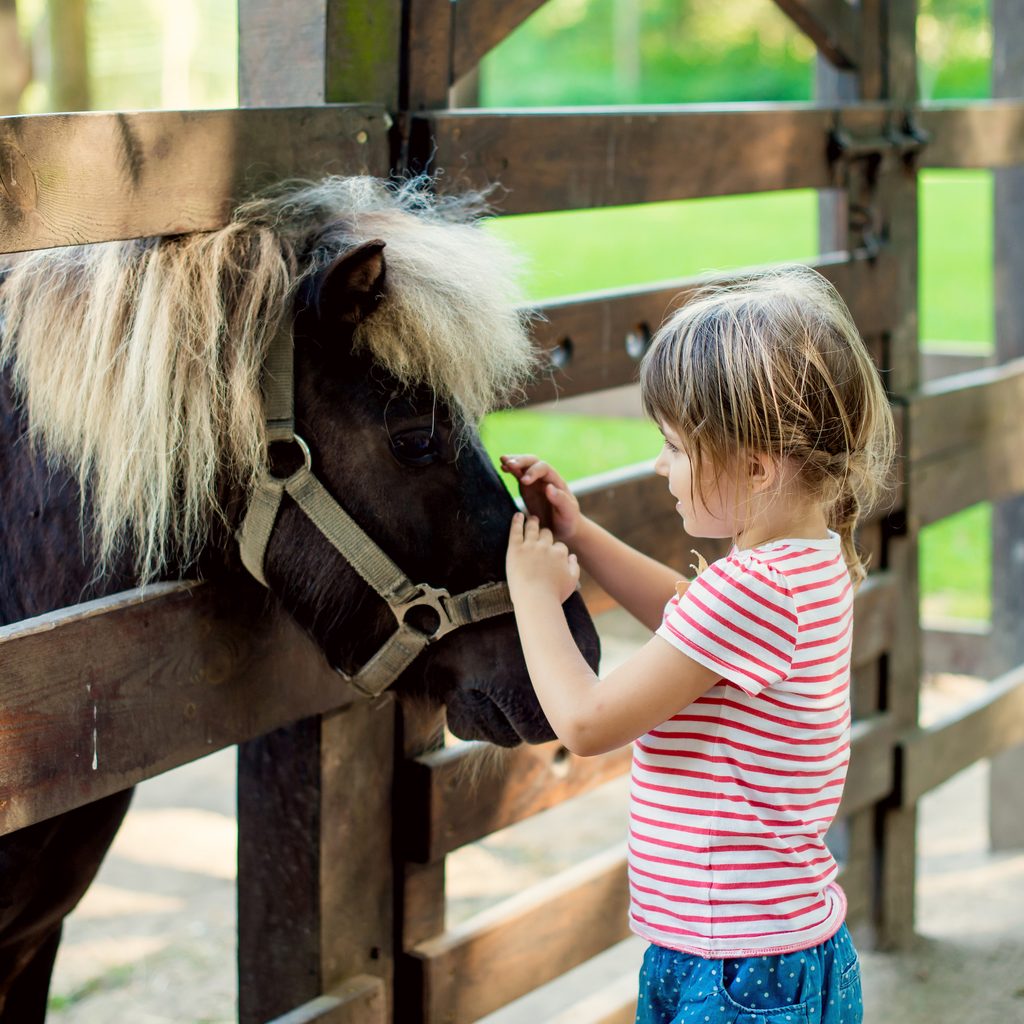
Visit cute animals
Petting zoos and some rescues will give you ample opportunity to interact with every four-legged fluffy creature you can possibly imagine. Better yet, go to the source and learn the inner workings of farms themselves. Many ranches and farmsteads accept visitors and give tours. Some organizations will allow you to act as farmer for a day and really discover the behind-the-scenes of it all. It isn’t just a matter of the adorable creatures, though. You’ll also come away with a better sense of how food goes from farm to table, whether it’s grain, eggs, or meat.
Take on meatless Mondays
We’re not suggesting that giving meat up one day per week will solve all the world’s problems, but it can remind us both of where meat comes from and how too much of it can negatively impact your health. You can also research the meat you do consume and select sustainable and ethically raised animals. Better yet, get a group on board to try recipes or restaurants every Monday, with a focus on vegetarian and vegan meals.
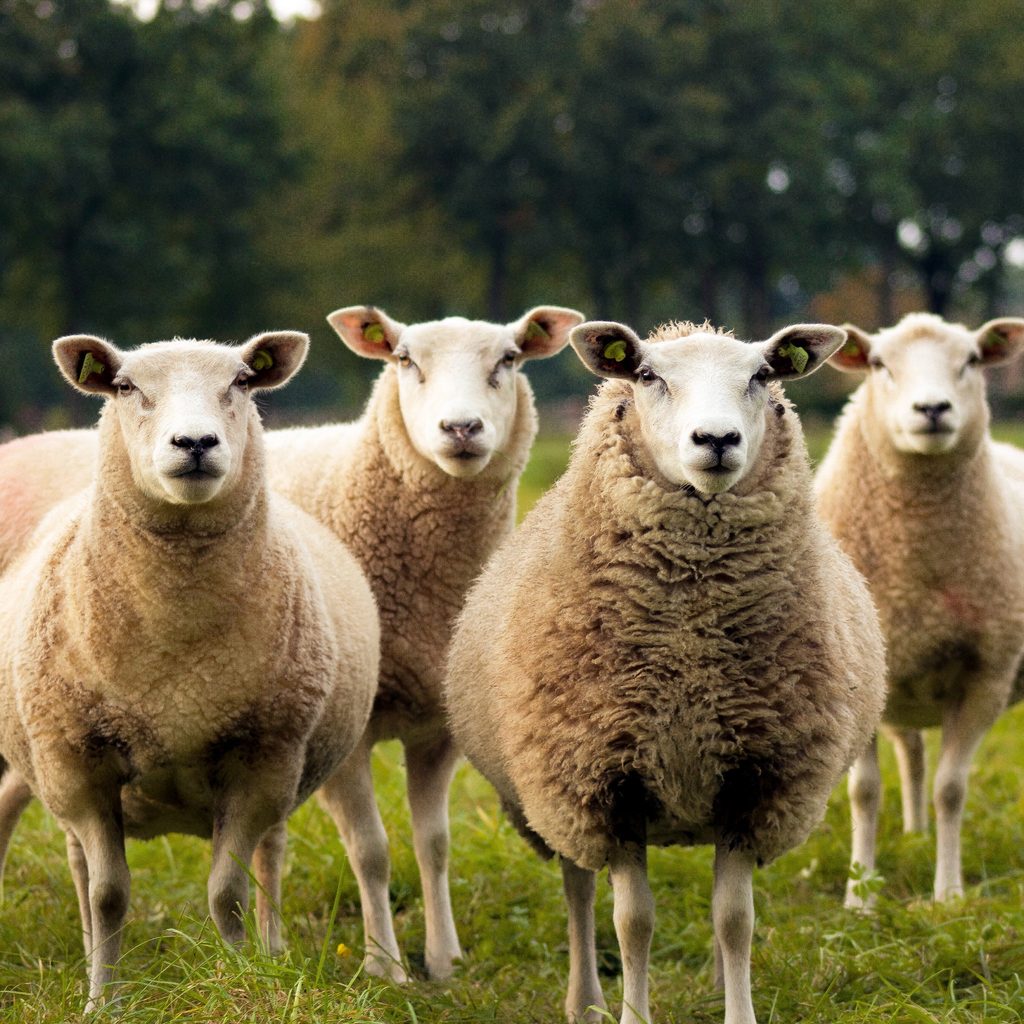
Switch to some vegan products
Check out all your beauty products and toiletries to confirm that they aren’t tested on animals — that’s the first step. But you can also go a bit further and get only items and brands that don’t use anything from any animals at all. Lots of makeup, lotions, and even candles contain animal products in one form or another. A little research will help you find the vegan version that works for you and supports your mission of helping every beast out there.
You don’t have to tackle all these at once — you do have a whole seven days, after all, and can continue your cause long after awareness week ends. Spread the word on social (a pic of your vegan meal creation will look great on your Instagram) and get your friends or co-workers involved, too. Remember that just by supporting farms in your area through buying meat and dairy from your own community that you’re working toward the cause of supporting local and encouraging the ethical treatment of animals. Lastly, take a look at organizations that offer a second home to older farm animals and give them the gift of a long life on sanctuary farms.


